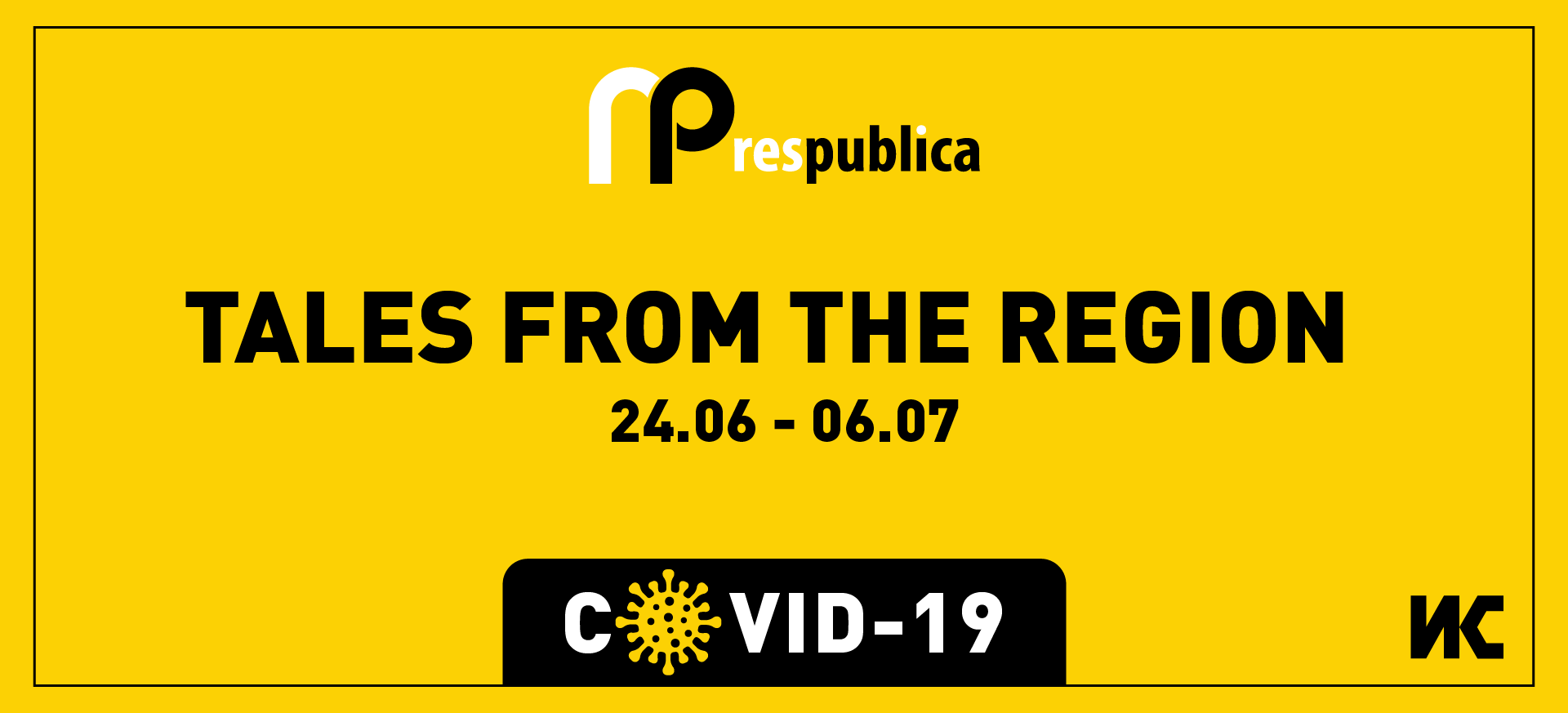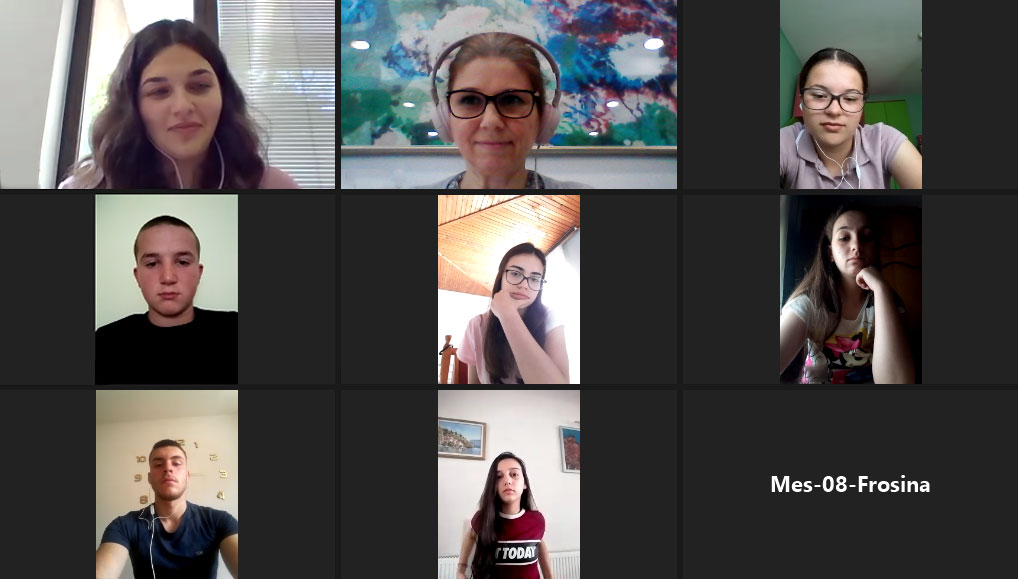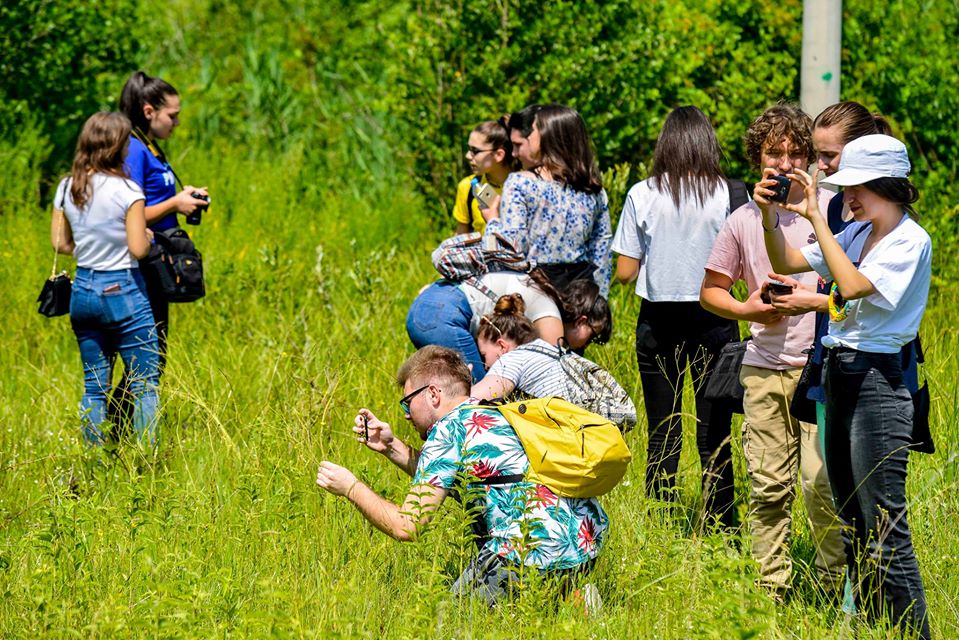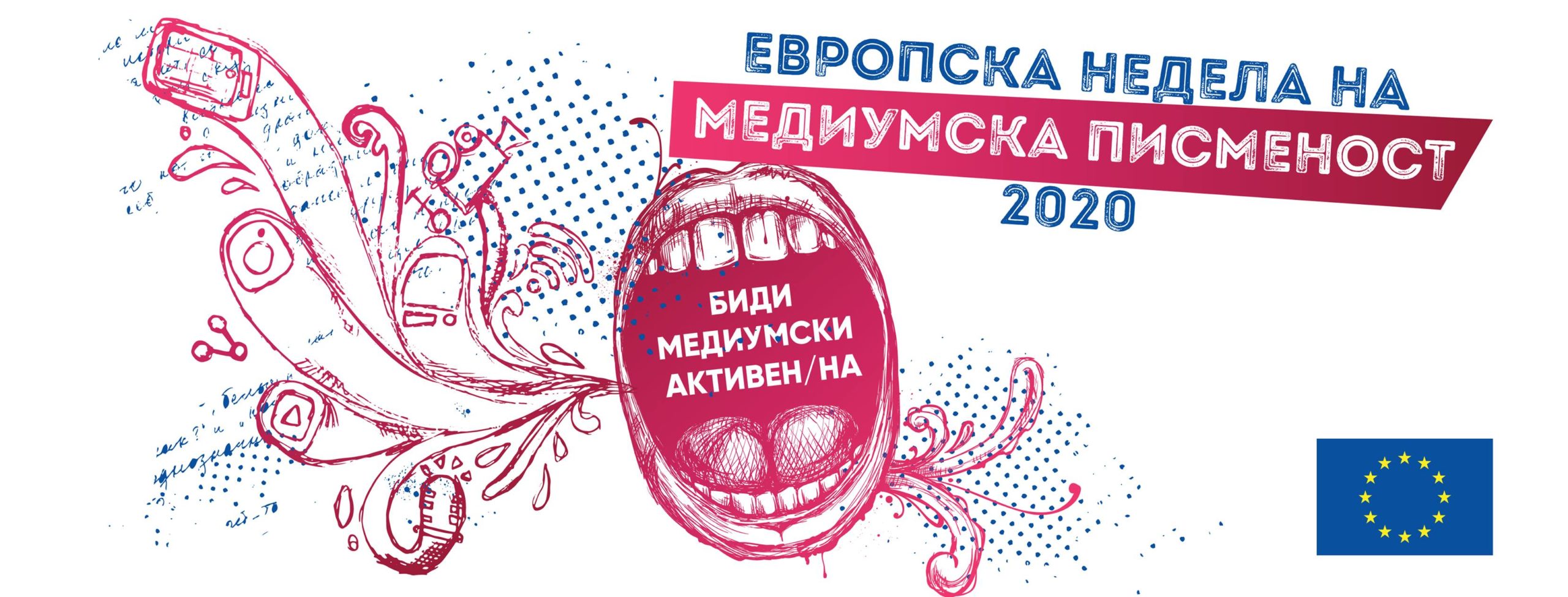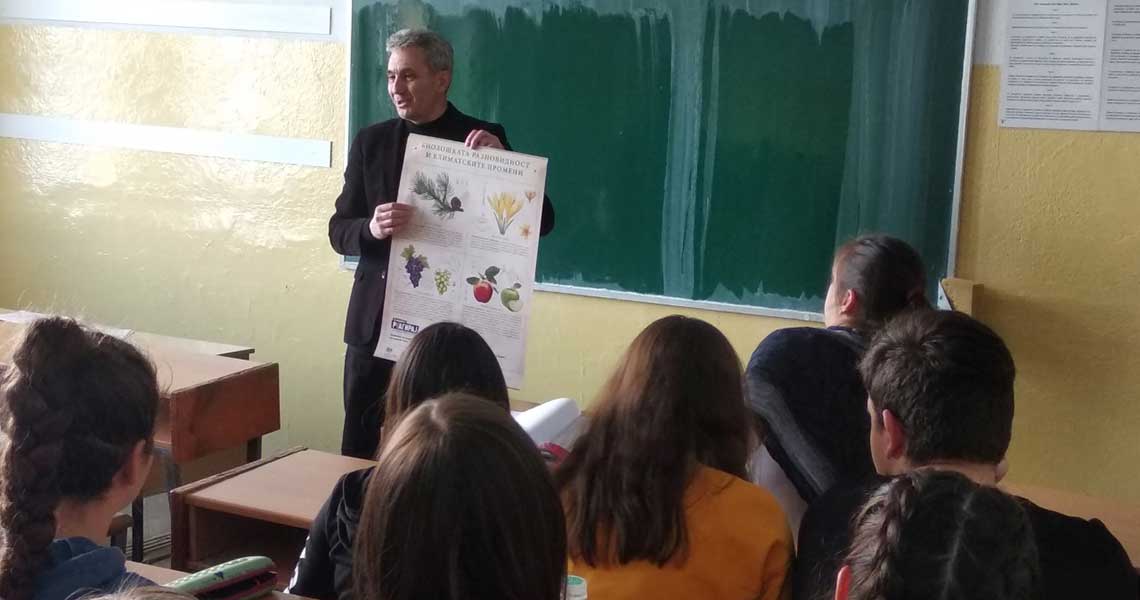Enrollment in the Master’s Studies in Communications and Media
The Institute of Communication Studies (ICS) is enrolling new students in the Master’s Degree Programmes in Management in Strategic Communications and Media Management. These programmes will enable you to pursue your passion for knowledge and will serve as a solid foundation for advancement in various career paths.
Res Publica announces: “Tales from the region”
During two weeks (June 24 - July 6), we will read how COVID-19 attacked the countries in the region, what measures were taken by their local and national authorities and how the citizens reacted to these measures.
High school students from six regions in the country spoke out on the main environmental issues
Students and their professors discussed environmental protection priorities in their immediate vicinity, how much the formal education teaches about ecology, sustainable development and environmental protection, whether they are involved in extracurricular activities in this area, forms of cooperation between the schools and institutions, local government, civil society organizations, etc.
Enrollment in our Master’s studies has started
The Institute of Communication Studies opened the call for enrollment in the Master’s studies in (1) Management of Strategic Communications and (2) Media Management.
Planet Earth Day
This year, the world marks the 50th anniversary of the Earth Day. Today, we celebrate the miracle called life that (for now) we know it exists only on this blue-green ball that floats in the Universe. The great ecological and natural disasters we are witnessing should be understood as a message that Mother Earth has sent to us all.
High school students and civil society organizations will solve problems for better environmental protection
Six CSOs, along with high school students from six regions in the country, will initiate local solutions to environmental issues. The Institute of Communication Studies (ICS) and the Macedonian Ecological Society (MES) will train eco-activists and students from Pelagonija, Ohrid, Strumica, Tikves, Demir Kapija and Prespa for the next two years on how to initiate and present a problem in their region and develop solutions in which the citizens and the institutions will be involved.
Online Environmental Education Library
The Institute of Communication Studies has translated and illustrated seven online materials in Macedonian and Albanian language that serve for education in the field of environment. The online library is intended for teachers and students in primary education, as well as for parents.
Six high school journalism teams selected in the competition “BeMediActive”
The Commission for Selection of Six High School Journalism Teams in the "BeMediActive" Competition (#BeMediActive), organized by the Institute of Communication Studies (ICS) and the Delegation of the European Union, has selected the teams that together with their media partners will produce media products.
Scientific posters for high schools about the endangered biodiversity in Macedonia
Ninety high schools in Macedonia received scientific posters on the impact of climate change on the country's biodiversity, which the Institute of Communication Studies (ICS) in collaboration with ZELS developed and distributed as part of the Better Environment campaign "Don't ignore! React!”
High School Competition “BeMediActive”
The Delegation of the European Union to the Republic of Northern Macedonia and the Institute of Communication Studies (ICS) are inviting high school students in the country to apply for the #BeMediActive) competition and mark together the European Media Literacy Week 2020. High school students should send proposals for making journalistic stories that will be produced in partnership with one of the media in the Republic of Northern Macedonia. Proposed ideas for journalistic stories should contain a clear explanation of a problem facing young people. The idea of the competition is for high school students to acquire new or improve



